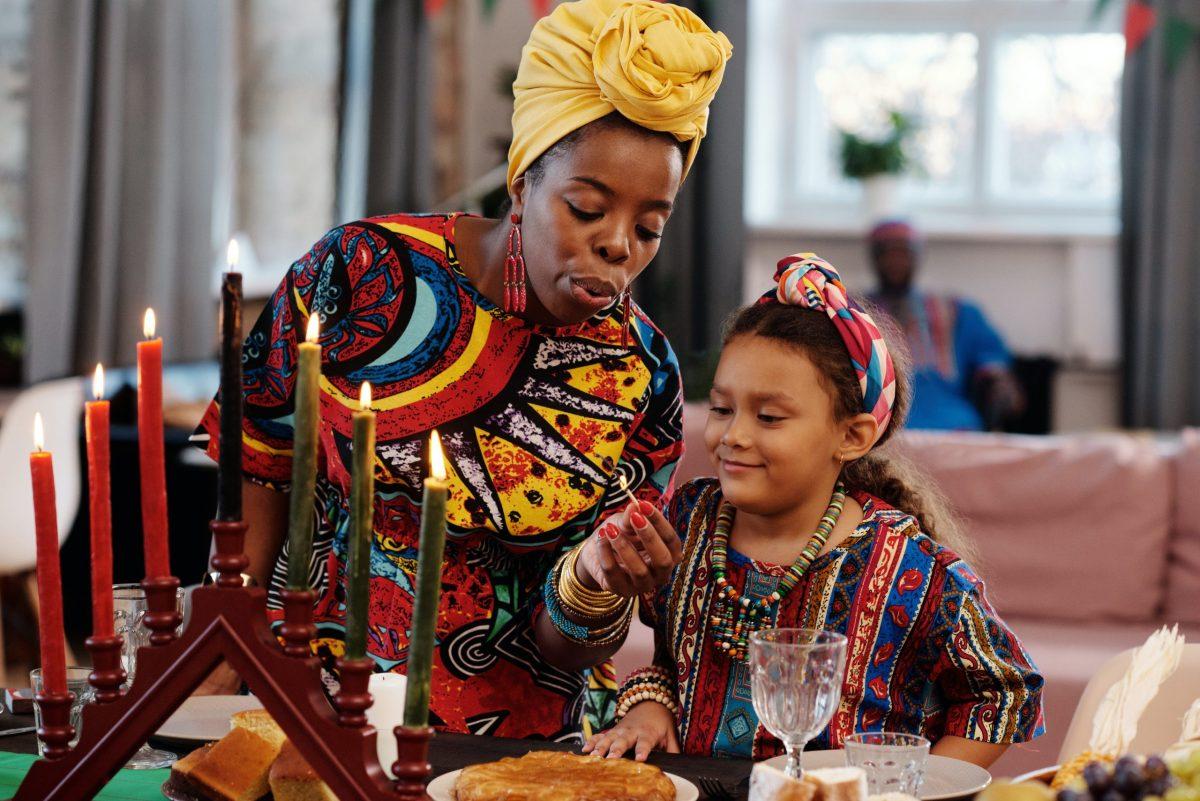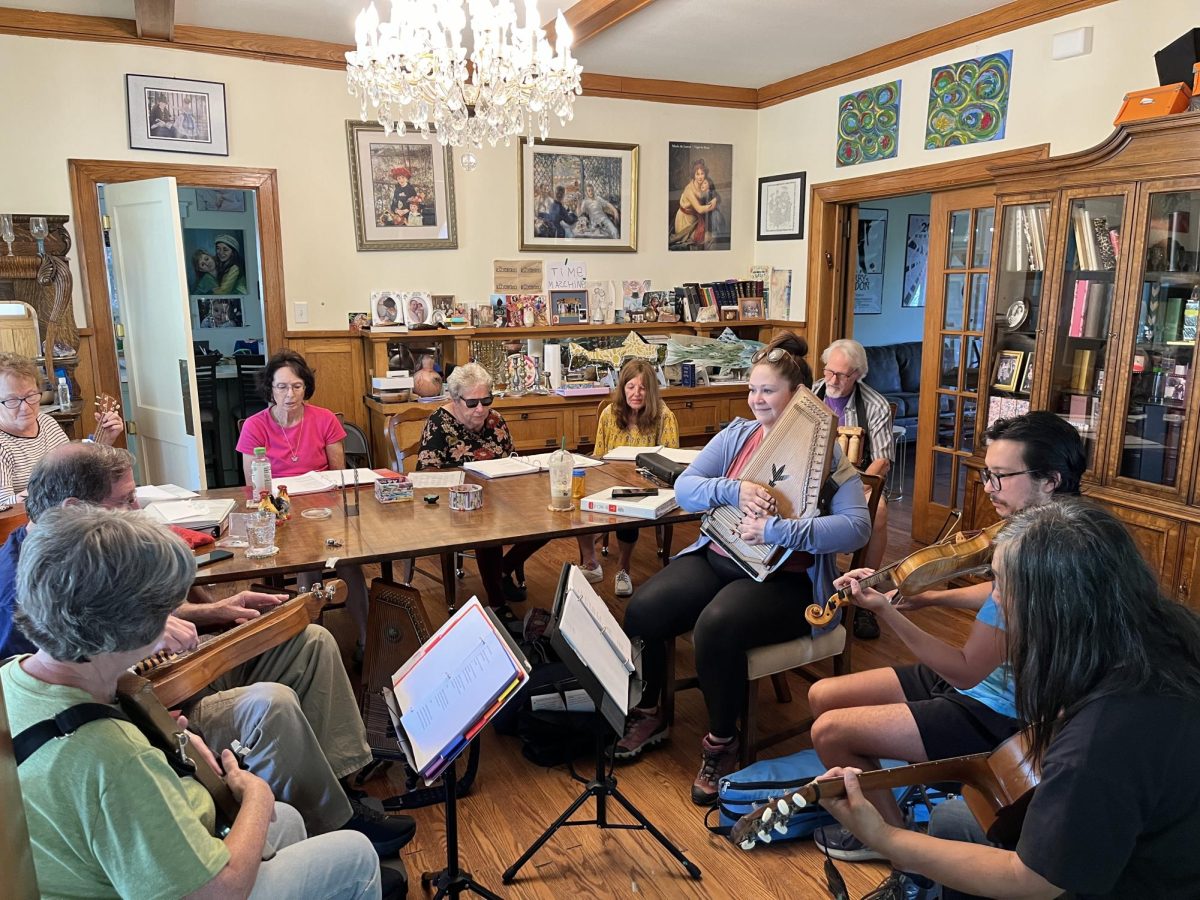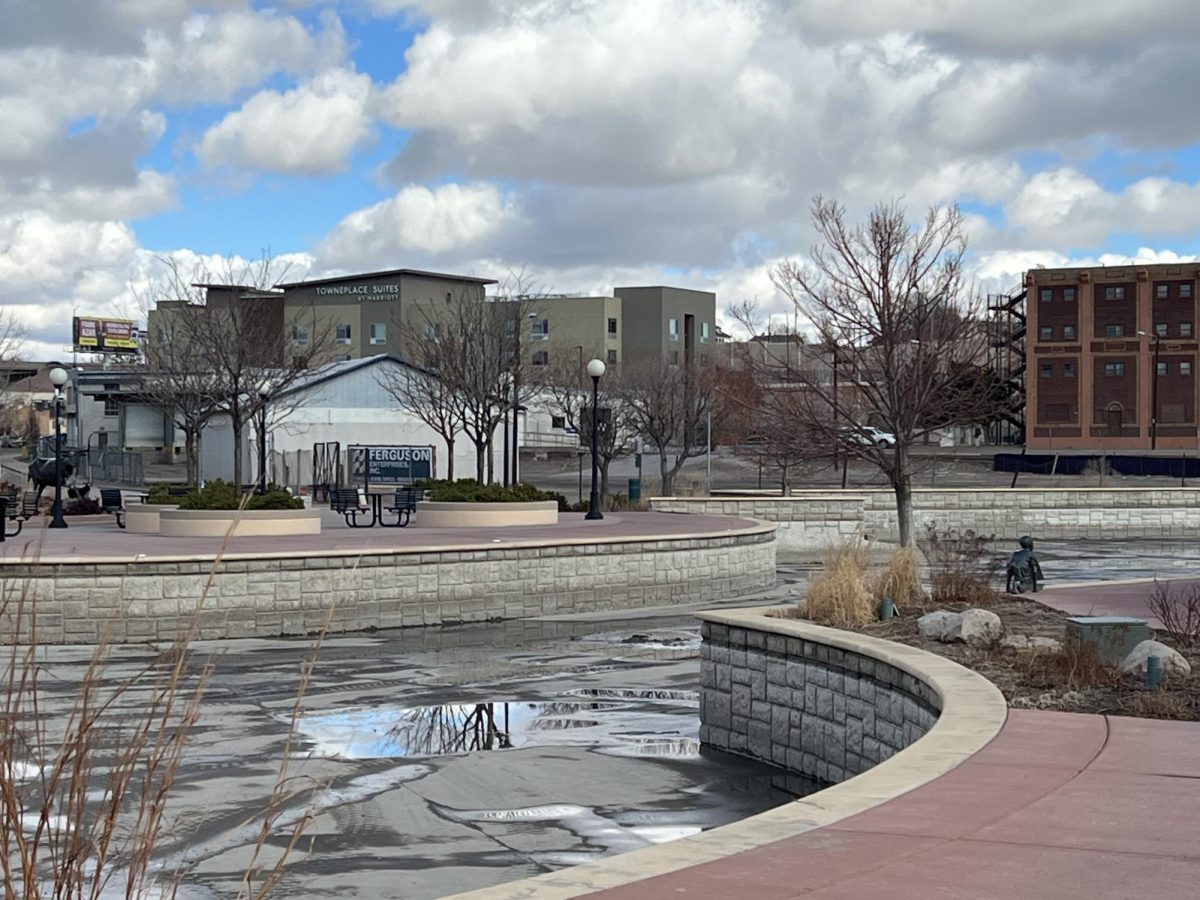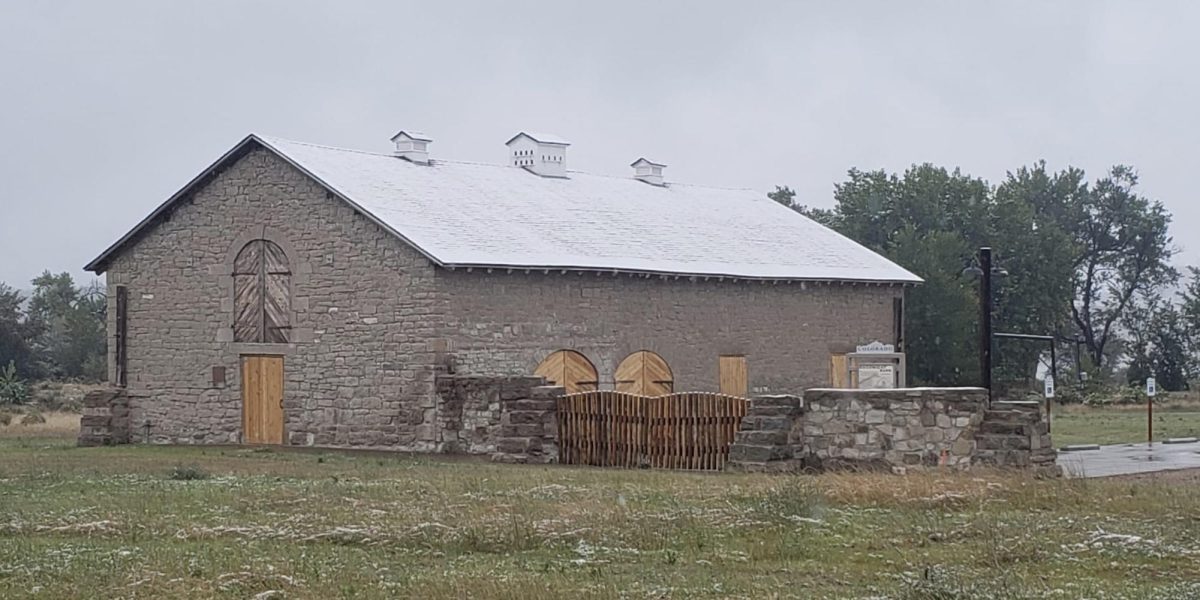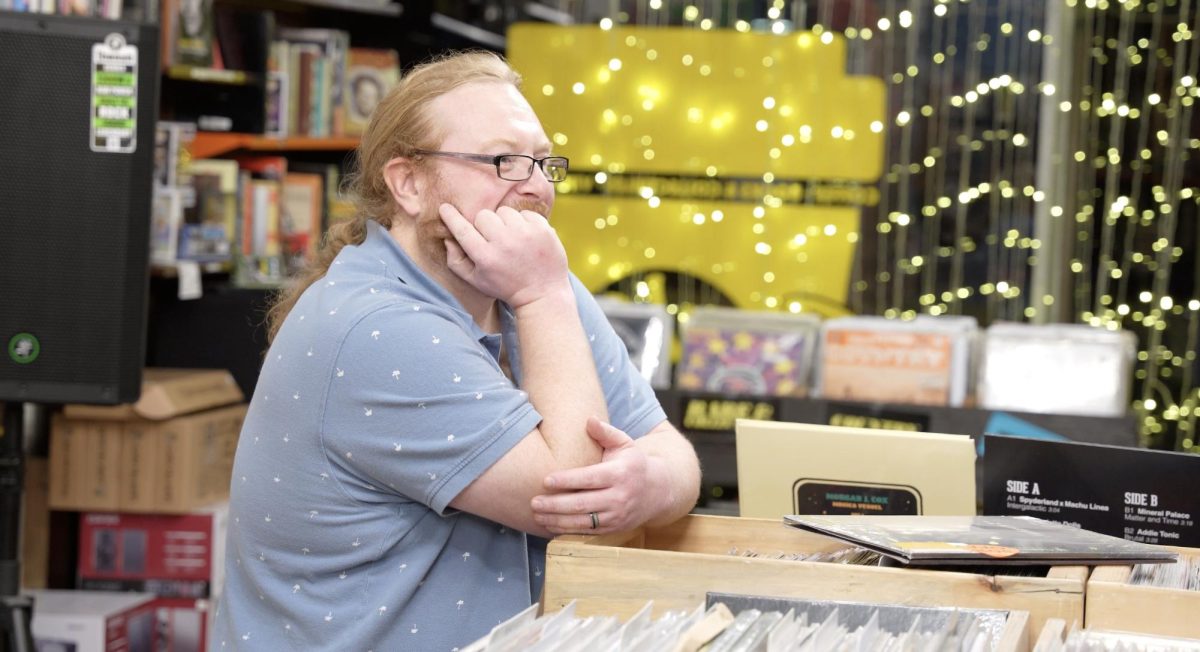By Michael Milisavljevich
Kwanzaa is a weeklong celebration that honors African heritage in African-American culture and is structured around seven core African principles and values, the Nguzo Saba, or the Seven Principles which are directed toward reinforcing family, community and culture. Kwanzaa begins on Dec. 26 and comes to an end on Jan. 1, culminating with a large celebration including gift giving and a feast. Unlike other winter holidays, Kwanzaa is a relatively new holiday having been created in 1966 by Dr. Maulana Karenga. Dr. Karenga studied and researched several different African holidays such as those celebrated by the Zulu and Ashanti for the foundation of the holiday of Kwanzaa. The name Kwanzaa is derived from the Swahili phrase matunda ya kwanza which means “first fruits”. Dr. Karenga created seven different principles for each day of the week of Kwanzaa. These principles represent core African-American values that help to reinforce and bring the African-American community together.
Each day of Kwanzaa one of the seven principles is discussed and a candle is lit on the kinara or candle holder. On the left portion of the kinara there are three red candles, to the right there are three green candles and in the center, there is one black candle. On the first night of Kwanzaa, the black candle is lit and the principle of Umoja, or “unity” is discussed. On the second night of Kwanzaa, the closet red candle is lit and the principle of Kujichagulia, or “self-determination” is discussed throughout the family. On the third night of Kwanzaa, the next red candle in line is lit and the principle of Ujima, or “collective work and responsibility” are discussed. On the fourth night, the last red candle is lit and the principle of Ujamaa or “cooperative economics” is discussed.
On the fifth night of Kwanzaa, the first green candle closest to the black candle is lit, and the principle of Nia or “purpose” is discussed. On the sixth night of Kwanzaa, the second green candle in line is lit and the principle of Kuumba or “creativity” is discussed, then everyone in the family takes a drink in unity as a sign of remembrance this ritual is called a Kikombe Cha Umoja, and is performed to honor ancestors. On the last day of Kwanzaa, the last green candle is lit and the principle of Imani, or “faith in one’s self and community” is discussed, then gifts are given to family members to encourage growth and achievement.
It is encouraged to hand make your gifts as this promotes self determination, purpose, and creativity. Then everyone gathers for a traditional African feast called a karamu.
There are two different ways to spell Kwanzaa the other way being Kwanza with one a, both are correct ways to spell the holiday. Kwanzaa is not affiliated with any religions as shown above it it is more of a celebration of values and culture, unlike Christmas which is normally celebrated as a Christian and Catholic holiday. Lastly, to wrap up these facts because of Kwanzaa’s nonreligious nature it does not conflict with the celebration of Christmas meaning both holidays can be celebrated simultaneously.




